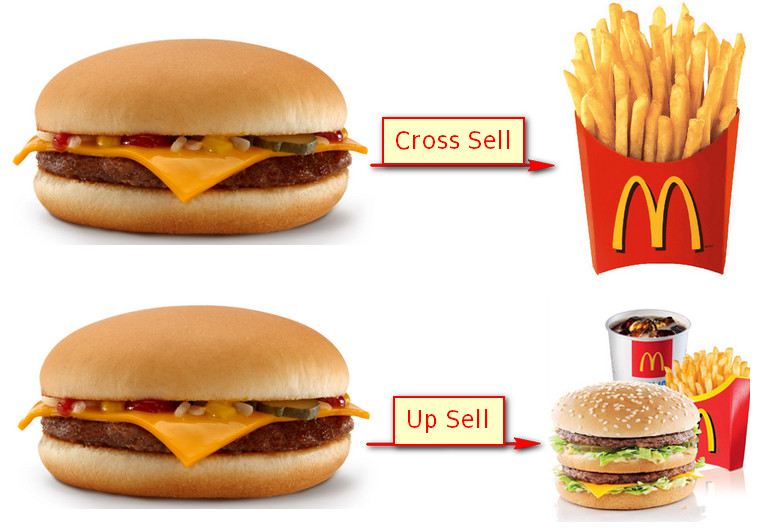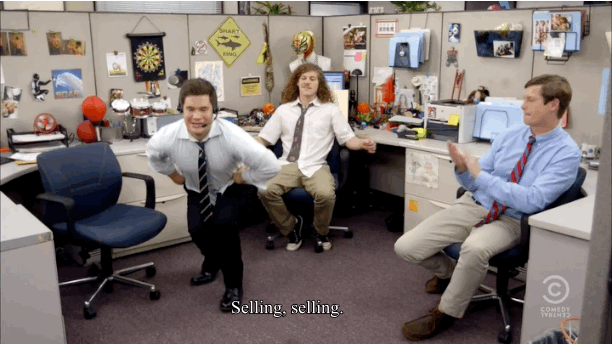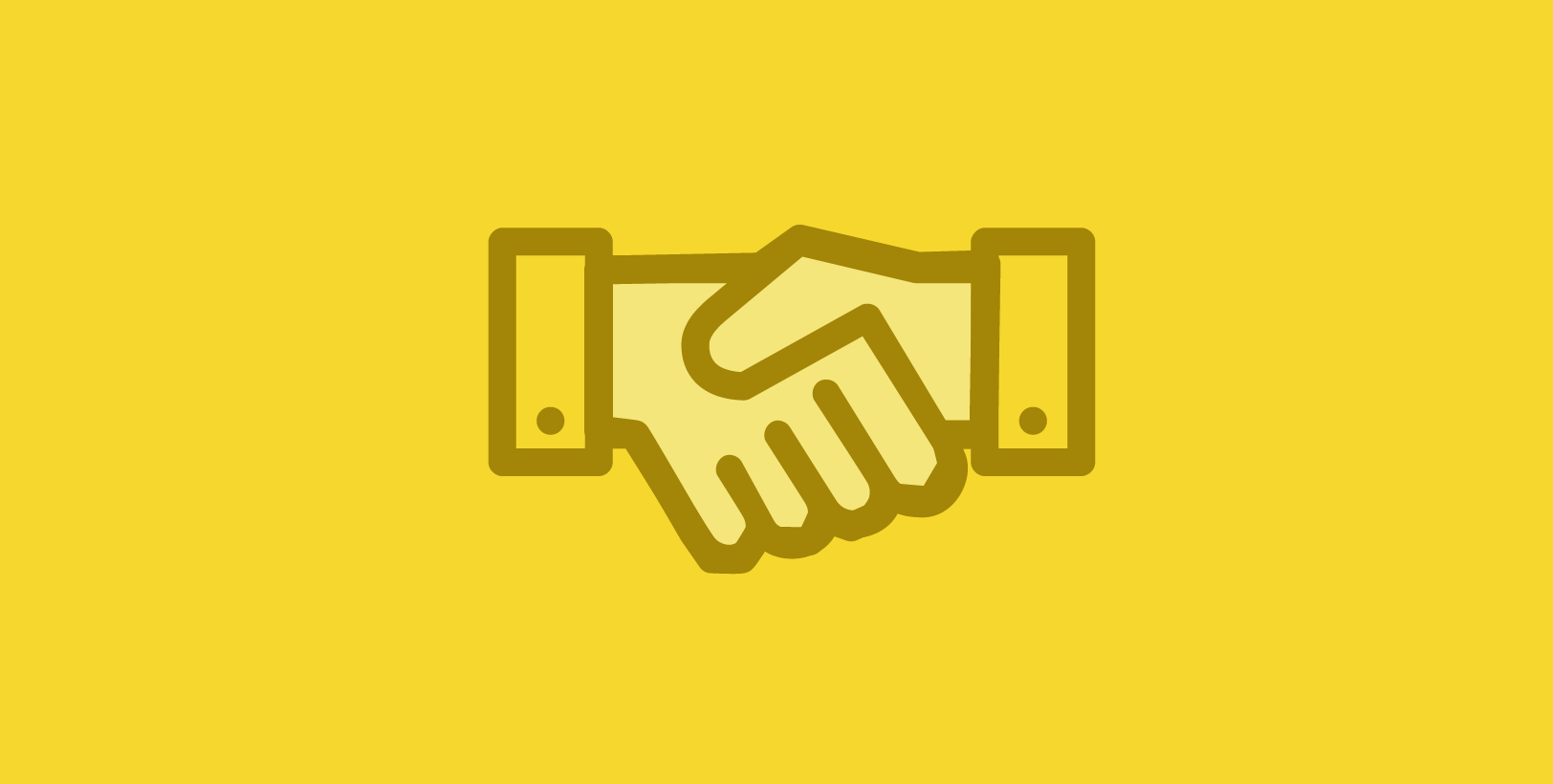Upselling and Cross-Selling: a Pep-Talk and a Template
- June 21, 2024
- By: Vonigo
When you sell a service, you offer a customer a little package that improves their life. You might be deploying your field-service team to help them move house. Maybe you are fixing their furnace, removing junk, or grooming their dog.
Regardless of the type of service, you’re benefitting your customers by simplifying their lives. So when you are looking to improve your sales and customer-retention with up or cross-selling, it’s important to remember that the items you want to add to their bill are just as useful – and just as relevant – as the initial service.
With that in mind, we’ve put together some tips on how you can bring cross and upselling into your regular sales efforts.
“Would you like fries with that?”
 This is likely the most famous and effective cross-sell ever uttered by man. A drive-through provides the twin benefits of being quick and affordable to your rushed and hungry self. Adding fries is an inexpensive extra to your order that is in line with your original goal: eating.
This is likely the most famous and effective cross-sell ever uttered by man. A drive-through provides the twin benefits of being quick and affordable to your rushed and hungry self. Adding fries is an inexpensive extra to your order that is in line with your original goal: eating.
Now consider how you might take the spirit of this, and apply it to your own business. First, you’ll need to consider what people really need and want out of your service. Not just what you offer – but the way that service makes a person feel. If you’re handling their taxes, they are probably relieved.
Understand their Motivation
If you’re helping renovate a space, for example, the owners are likely looking forward to the finished product of the makeover, but are in the meantime dealing with noise, dust and contractors coming and going.
When you understand how a person is feeling when they are purchasing your services, you are in a better position to successfully suggest an additional product or service.

What’s the Difference Between a Cross-Sell and an Upsell?
While being of equal importance to your business, upsells and cross-sells should not be confused or lumped together. An upsell refers to when a salesperson offers a more expensive, or involved service instead of the one initially selected.
Successful upsells of services are always based on need: “we looked at your drain system, and while X service would suffice for a year or two, Y service will see you through the next 5 years.”
An upsell is literally selling a bigger/more comprehensive service (or product!) for more money. A cross-sell is different in that it takes into account the items or services that a person may want to use alongside their original pick.
Upsell
A person hires a house-cleaning service for a huge, deep clean. The customer is a busy parent with a full-time job, and when their house is messy, they feel stressed. The salesperson could upsell the person with a bi-monthly cleaning pack that takes the stress of house-cleaning off of this person’s plate for a considerably reduced fee per clean.
Cross-Sell
A customer calls your moving company and asks about booking a truck for their moving date. After getting a bit more information about their move, you understand that they are planning on moving their small apartment by themselves.
A great cross-sell opportunity here would be to offer them moving boxes, dollies, or blankets: items they will likely need for their move, and that you can offer at a competitive rate because of their truck rental.

Cross-Selling and Upselling: A Template
When you’re starting to think about how you can be most effective with your cross and upselling, you first need to return to how your services make your customer feel. Once you’ve determined that, you can identify the up and cross sells that further excite your customers.
Satisfaction: maybe your customer loves getting a deal. Maybe they are purchasing something they’ve wanted and saved for for a long time. Whatever the reason, satisfaction in your customer usually means you can increase their sense of well-being by offering more of the service they enjoy at a better deal.
Peace of mind: When a customer wants to feel like the service they are purchasing will save them money, time, or stress, upselling or cross selling them an insurance package, or a service that is more expensive but more comprehensive best serves you and your customer.
Convenience: If you can make a customer’s life easier by suggesting products that complement their original purchase, do it. Detergent, floor wax, sponges, and a mop? Maybe that person needs a bucket. By demonstrating to your customer that your suggestions are made in their best interest, you don’t just get a sale – you establish brand trust.
The best up and cross-sells are ones where the business person makes a genuine effort to better the life of their customer. In turn, the customer will see the value of the suggestion, and everyone leaves the interaction happy.
When you can help your customer get more value from your business, you in turn can expect more loyalty – and more spending – from your customer.



